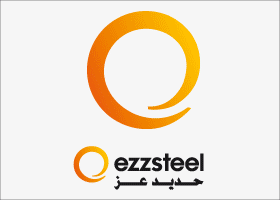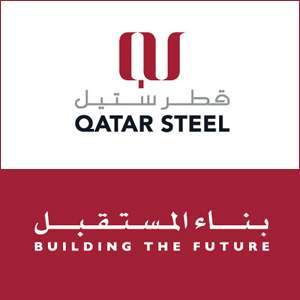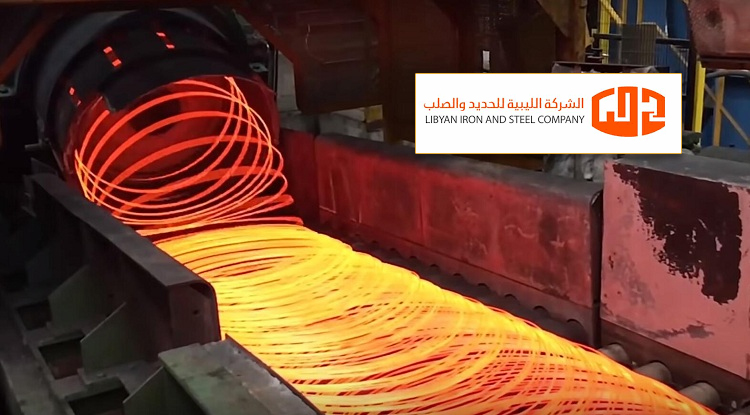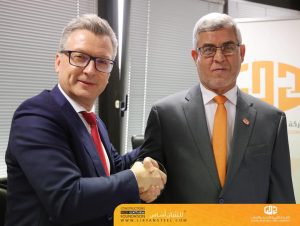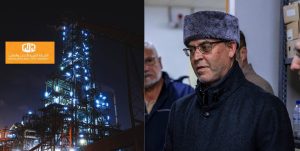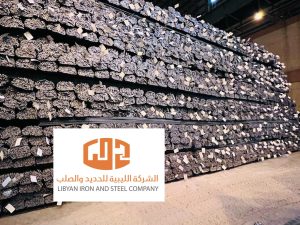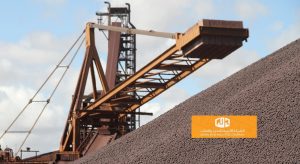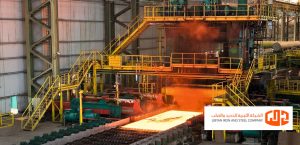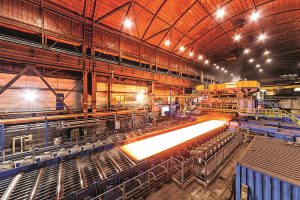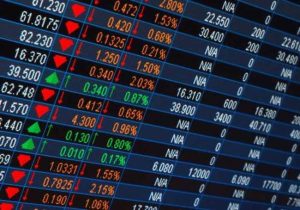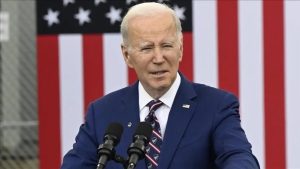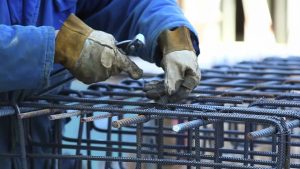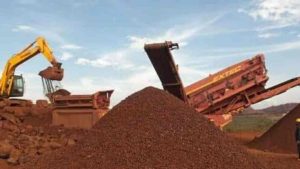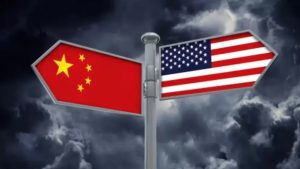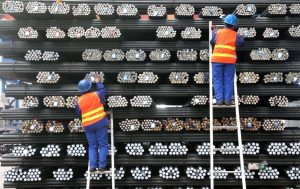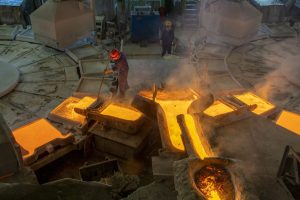The Libyan Iron and Steel Company explained the reasons it relied on recently to raise the prices of its products by 20%, pointing out that it relies in its production operations on many inputs that are imported from abroad, including iron pellets, steel billets, tiles, refractory materials, and additive operating materials, spare parts and more.
The company said, in a clarification published on its Facebook page, that it is reviewing the selling prices of its products according to the changes in the global market, increasing or decreasing, noting that it was forced during the current year 2022 to adjust prices.
On January 13, the company decided to reduce the prices of its hot rolls products by 8%, by Resolution N° 19 of 2022.
On February 15, the company decided to reduce the selling prices of the 8 mm steel rebar by 10% by Resolution N° 68 of 2022.
At the end of February, with the end of last February, and as a result of the Russian-Ukrainian war, confusion occurred in the global steel markets, as the prices of billets rose from about 700 dollars per ton, to about 840 dollars, with an increase of 20%, forcing the company to raise the prices of its products by 10%, according to Resolution N° 81 of 2022.
International prices continued to rise until the prices of billets reached 930 dollars per tonne, the prices of rebar to more than 960 dollars per tonne, and the prices of hot rolls to more than 1255 dollars per tonne, pushing the company to raise the prices of its products again by 10% to prevent the smuggling to the neighbouring countries.
The company believes that the local prices of steel products, in their current situation, are still acceptable compared to regional and international prices. On the other hand, the company deals with the smuggling of Libyan steel products to neighbouring countries, which was characterized by remarkable activity during the last period and before the price hike.
The company also clarified that one of the important aspects in setting prices is the large deficit in the two energy components (natural gas, electric power), which forces the company to purchase a large part of its needs of billets and slabs from the external market at an additional cost of about $100 per tonne compared to its production cost locally.
As the energy deficit has other negative effects represented in the inability to operate most of the intermediate products factories at high capacity and stop them for long periods, which negatively affects the operation of rolling mills and the rest of the production lines, which makes production costs relatively high. This will be reflected in the selling prices of the products as well.
The company indicated that its decisions and marketing policy on prices are neither random nor opportunistic but are always governed by the global market prices. For example, if the company decides to raise prices above the international prices to increase its profits, the merchants will supply iron products from abroad and will sell them at lower prices than the company’s ones, which will force the company to review and reduce them. On the other hand, if the company tries to reduce its prices to lower than the international markets, its products will be exported through informal procedures to neighbouring countries, this certainly will represent great harm to the national economy.




